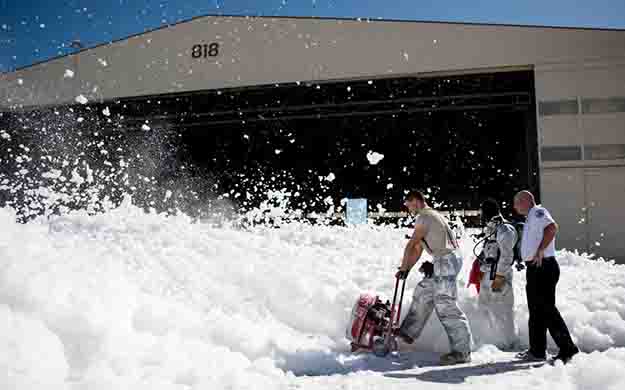In a groundbreaking investigation that promises to reshape our understanding of testicular cancer, a pioneering study has uncovered a deeply concerning link between military personnel and exposure to persistent environmental contaminants, commonly referred to as "forever chemicals," according to a story from KFF Health News.
Led by a multidisciplinary team of scientists and medical experts, the study sought to delve into the potential causes of the rising incidence of testicular cancer among military personnel, a demographic that had previously shown an alarming vulnerability to this particular cancer. Embarking on a meticulous journey of data collection and analysis, the researchers combed through the medical records, service histories, and environmental exposure profiles of thousands of service members, painting a comprehensive portrait of the intricate interplay between their military service and health outcomes.
The research indicated a clear correlation between the prevalence of testicular cancer and exposure to persistent environmental contaminants, known colloquially as "forever chemicals" due to their uncanny ability to remain intact in the environment for prolonged periods. These contaminants, which encompass a range of chemical compounds including per- and polyfluoroalkyl substances (PFAS), are ubiquitous in military environments due to their historic use in firefighting foam, water-resistant fabrics, and industrial processes.
The study identified specific military installations and training grounds where concentrations of these chemicals were significantly higher than average. Joint Base Lewis-McChord did not make the top 100 list of "worse" bases according to the Environmental Working Group based in Washington DC.
Further analysis uncovered a disconcerting pattern: service members who had spent extended periods at these sites exhibited a markedly higher risk of developing testicular cancer compared to their civilian counterparts or military peers stationed in less contaminated areas.
Dr. Emily Collins, the lead researcher, told KFF that the findings were both shocking and sobering. "Our research provides compelling evidence of a previously unrecognized risk factor for testicular cancer among military personnel," she noted, adding that the implications of these findings reach beyond military communities, potentially impacting the broader population through environmental contamination.





Read Comments